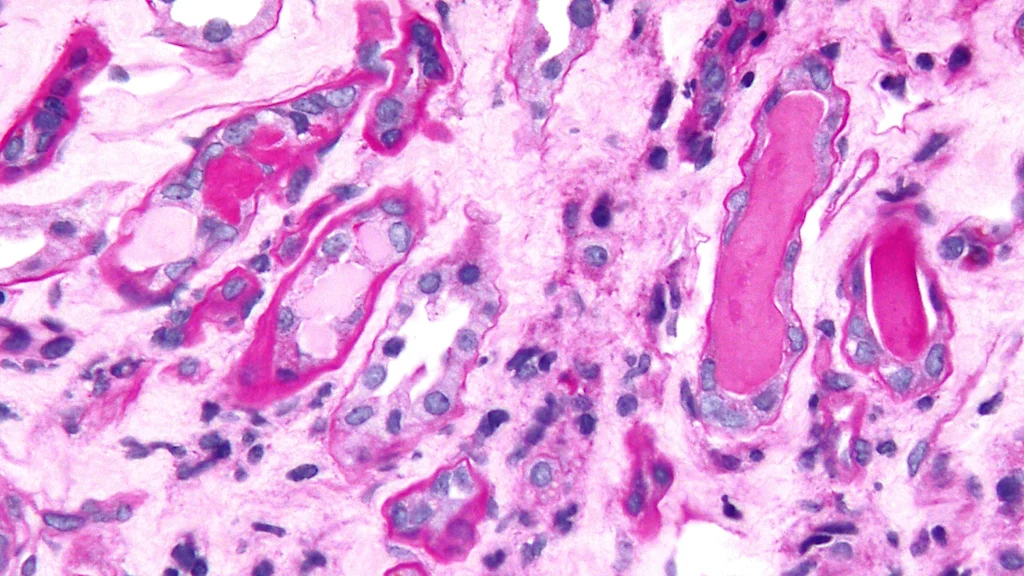
"Despite only making up less than 2% of cancer diagnoses, multiple myeloma has seen an array of breakthrough treatments that have more than doubled its five-year relative survival rate since 1990. These include: Stem cell transplants, which use a patient's own stem cells to rebuild healthy bone marrow after intense chemotherapy targeting cancer in the bone marrow itself Immunomodulatory drugs ("IMiDs"), which stimulate the immune system and eliminate proteins essential for the survival of myeloma cells"
"Multiple myeloma (MM) is a blood cancer that affects the body's plasma cells, causing them to mutate and grow uncontrollably in the bone marrow. These plasma cells produce abnormal antibodies called "M-proteins" that wreak havoc on the immune system, kidneys, and bones. Yet, despite its rarity, multiple myeloma has become a springboard for some of the most advanced drug innovations in cancer, fostering the development of advanced gene therapies and antibody technologies."
Multiple myeloma is a rare blood cancer of plasma cells that produce abnormal M-proteins damaging immune function, kidneys, and bones. Incidence in the U.S. is small compared with common solid tumors, but clinical research has produced transformative therapies. Treatments include stem cell transplants, immunomodulatory drugs, bispecific antibodies, monoclonal antibodies, and CAR-T cell therapies. Those innovations have more than doubled five-year relative survival since 1990 and positioned myeloma as an early adopter of multiple advanced modalities. Advances extend patient life but also create a landscape of long-term, high-cost chronic cancer management.
Read at Fast Company
Unable to calculate read time
Collection
[
|
...
]